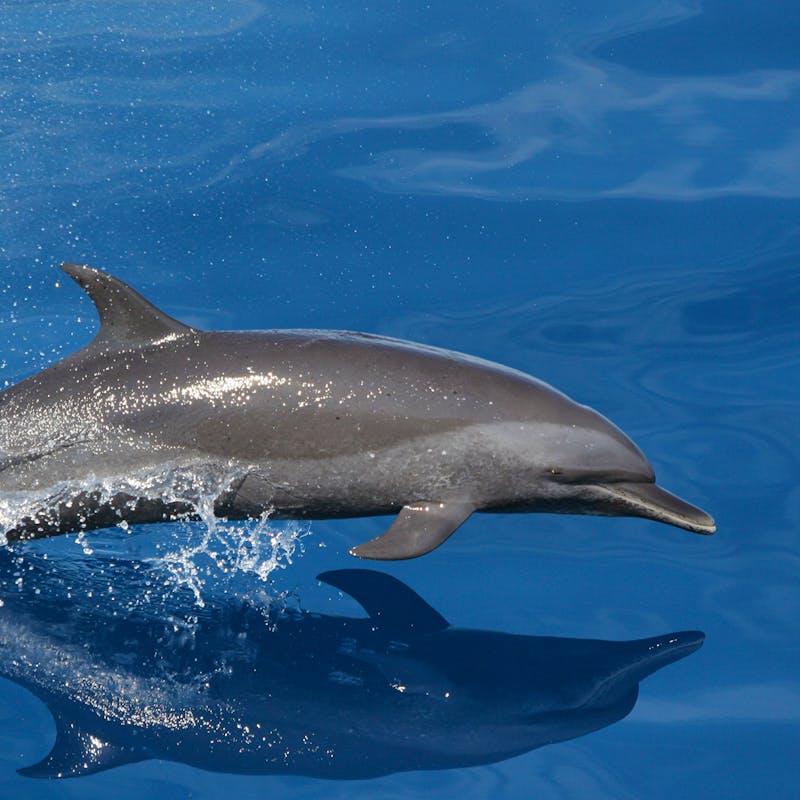by Haley McKey
A destructive bill appeared likely to sail through the Senate Energy and Natural Resources Committee. It called for returning to a set of rules at a national park that catered to special interests and devastated wildlife populations. Until the public found out and got mad.
 First, let’s fill in the blanks: Senate bill 486 was drawn up to overturn new off-road vehicle (ORV) rules at Cape Hatteras National Seashore in the Outer Banks of North Carolina. The new rules came to pass after litigation by Defenders and other groups against the National Park Service, which manages national seashores.
First, let’s fill in the blanks: Senate bill 486 was drawn up to overturn new off-road vehicle (ORV) rules at Cape Hatteras National Seashore in the Outer Banks of North Carolina. The new rules came to pass after litigation by Defenders and other groups against the National Park Service, which manages national seashores.
And they were a roaring success. Summer 2012 set records for tourism and sea turtle nest counts, and eleven endangered piping plover chicks survived to fledge! It was clear: the new plan worked.
But ORV interests groups weren’t happy. They wanted a return to old ways that practically gave them free reign on the seashore.
These interim provisions had been a disaster for wildlife, leaving hardly any room for sea turtles and shorebirds to safely lay eggs and raise their young. Cape Hatteras National Seashore simply wasn’t doing its job as a national park, and that was fine with ORV groups. So they pushed legislation demanding a return to this bad management. And the two North Carolina Senators, Republican Richard Burr and Democrat Kay Hagan, introduced Senate bill 486, which was scheduled for consideration by the Senate Energy Committee in June.
Defenders went to work immediately. In coalition with Southern Environmental Law Center and Audubon North Carolina, we developed a print ad that ran in North Carolina’s Independent Weekly newspaper to educate citizens and ask them to let their senators know they opposed the bill. We also launched an innovative radio ad campaign in the Raleigh area.
To make our ads, we called North Carolinians and asked them about Cape Hatteras and what they thought about the new bill. We used some of the great responses we got in the ad so listeners could hear real North Carolina voices talking about conservation and preserving the seashore for future generations.
The print and radio ads both asked: why were Senators Hagan and Burr supporting legislation that would undo all of Cape Hatteras’ progress? And in particular, why were they willing to put the demands of ORV groups above the needs of the seashore? Judging from what happened next, the increased public visibility no doubt caused the sponsors to hear from many concerned constituents. The public response helped encourage them to rethink their proposal and come up with a less damaging alternative. The spotlight paid off. In a compromise, the bill was modified by committee chairman Senator Wyden (D-OR) to reduce its impact on wildlife and the integrity of the park. Instead of stripping away the ORV rules, it maintains them, but requires the Park Service to take additional steps to review and reconsider specific provisions. While not an ideal outcome (we would have preferred the committee reject the bill completely), it’s a big improvement on what could have passed.
So what does this mean for Cape Hatteras wildlife? Defenders will continue to oppose this unnecessary legislation. For now at least, the seashore’s imperiled birds and turtles will continue to live and raise their young under the protection of the sensible management plan we’ve worked so hard to put in place and protect. We will continue to fight for the endangered and threatened species that depend on Cape Hatteras until their safety-and their future-is secure.






Follow Defenders of Wildlife
facebook bluesky twitter instagram youtube tiktok threads linkedin